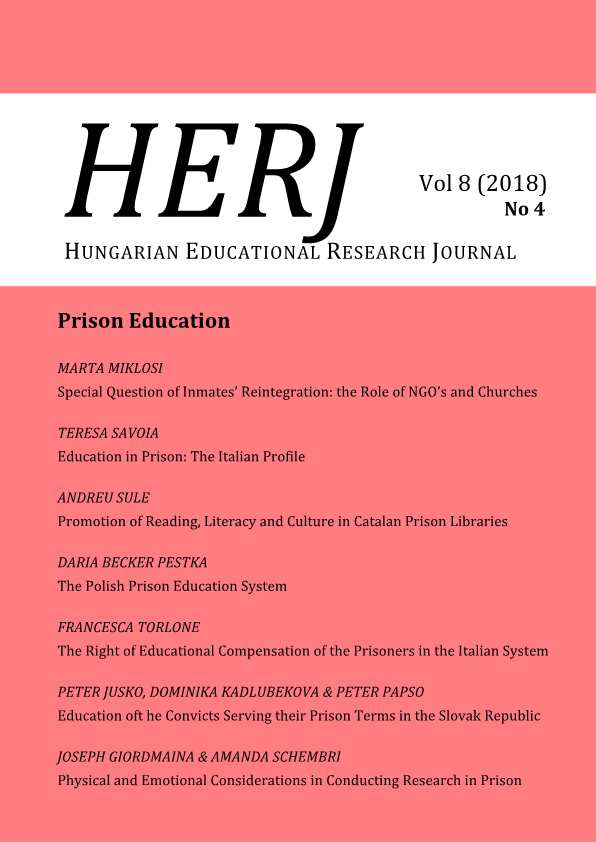The Method of Theme-Centred Interaction (TCI) at Hungarian Schools: a Theoretical and Practical Overview
The Method of Theme-Centred Interaction (TCI) at Hungarian Schools: a Theoretical and Practical Overview
Author(s): Rita Sápiné Bényei, Fruzsina SzabóSubject(s): Education
Published by: Hungarian Educational Research Association (HERA)
Keywords: Theme-centred Interaction; teacher efficacy; didactics
Summary/Abstract: Theme-centred Interaction (TCI) is a complex, integrative program that develops social competency and was created by Ruth Cohn (1974). Its axioms and regulatory system make this method different from other educational concepts. These are based on the four-factored model of I-We-Theme-Globe, which is balanced by the teacher in the interactions. The TCI model can be part of the school’s analytical processes, it can enhance innovation (Klein, 1997) and can contribute to holistic learning (Evert, 2008). According to the latest research into teaching (Hattie, 2012), we consider learning effective when teachers’ work exerts a measurable effect on the pupils. Therefore we applied TCI in classroom environment, and in our pre-, and in-service teacher training schools. Our research included quantitative and partly longitudinal examination in 2016 and 2017 (N=162) with the same pupils at Kossuth Secondary Grammar and Primary School in grades 5-8 in a group. We conducted research in three groups: Control group I: not learning with TCI; group II: using TCI method for 1-2 years; group III: using TCI for 4 years in Hungarian literature and grammar classes), as well as in a control-group not employing TCI, using electronic questionnaires. The other questionnaire created by us focused on open-ended questions relating to the film Everybody directed by Kristof Deak (2016), filled in by both the TCI group and the control-group. The method of TCI leads to more motivated students and teachers. This method also develops the social competency of the students and promotes enhanced self-knowledge of the teacher. The method can establish open communication, co-operation and mutual trust, which all can bring about democracy at the school. If students can experience this at their school, then they can use and apply these experiences as adults. These will help them become autonomous citizens, who can take ownership and responsibility for their own actions, decisions and lives.
Journal: HERJ Hungarian Educational Research Journal
- Issue Year: 8/2018
- Issue No: 4
- Page Range: 97-104
- Page Count: 14
- Language: English

